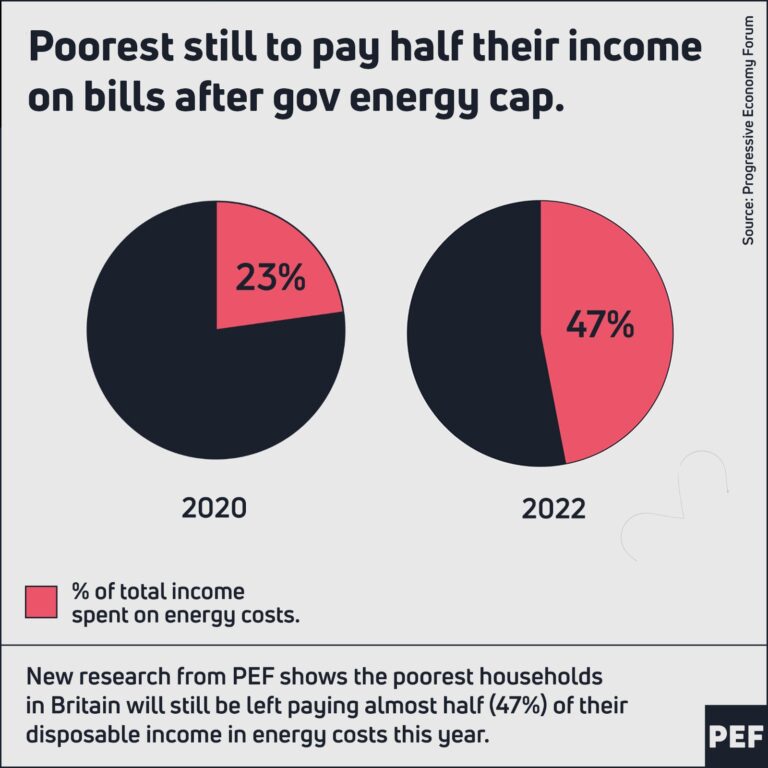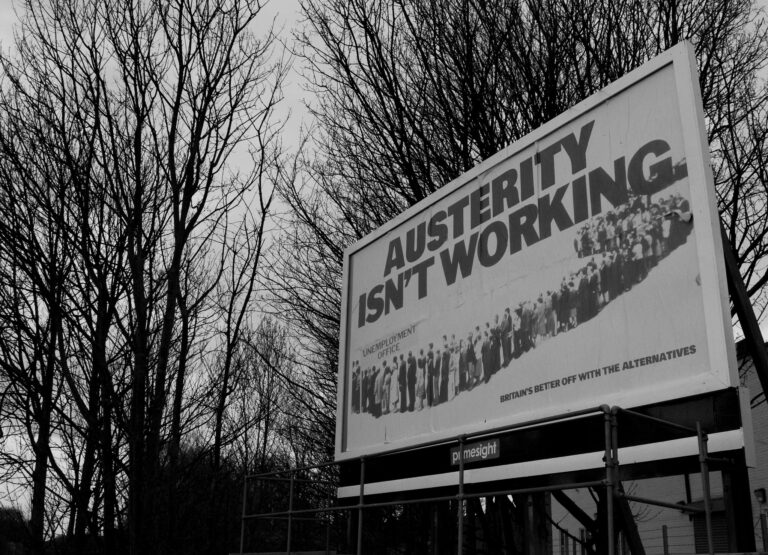When the economic affairs committee of the House of Lords agreed in July 2020 to direct its next inquiry into “employment and Covid-19” the general expectation was that there would be a V-shaped recovery.
Nevertheless, in a remarkable outbreak of forward-thinking, the committee decided that its inquiry would cover not just job protection but job creation over the coming two years. This was three months before a second lockdown brought clear evidence that the recovery was unlikely to be swift or vigorous.
This was a retrospective vindication of the committee’s decision to focus on job creation. Our report today clearly states that when the Job Retention Scheme ends in 2021 “the government will need to shift public spending away from untargeted wage subsidies and towards policies focused on creating job opportunities”.
Further, while acknowledging the “unprecedented” level of public spending incurred to support the economy, the report warns the government must “not repeat past mistakes by withdrawing economic support too soon. Over the next 12-18 months it will need to continue to spend to generate a sustainable recovery and address rising poverty and unemployment”.
While the report criticises gaps in the coverage of the furlough scheme and the deficiencies of universal credit, its real bite is its focus on a plan for the recovery. Here it is explicitly acknowledged that the deep freeze of the emergency will have to give way to creating job opportunities if the recovery is to be strengthened and sustained. The most important recommendation is a proposal for a job, skills and training guarantee “to every young person not in full-time education or employment for one year.”
To put it another way: rather than gamble on a strong, private sector-led, recovery once social distancing requirements can be lifted, the report calls for a plan for creating job opportunities not just to replace activity cancelled by Covid-19 but to prepare the workforce for the inevitable transition to a different kind of economy.
Investment should be directed towards jobs that are: suitable for those at most risk of unemployment; needed across the whole country; and most likely to have long-term benefits to the UK. We set these principles out in line with evidence we received that called for a recovery plan that places investment in the UK’s social infrastructure and meeting the government’s climate change objectives at its heart.
Therefore, the committee has once again called for the government to increase funding in the social care sector and significantly expand the number of care workers. Importantly, it calls for wages and improved training and conditions in the sector.
The report ends on a green note, concluding that the government should “prioritise green projects that can be delivered at scale, quickly, and take place across the country.”
Much of the evidence we heard calls for the government to prioritise investment in retrofitting buildings and switching gas boilers to low-carbon alternatives, both of which could create jobs quickly and at scale across the country.
Lord Skidelsky is a crossbench peer, historian and member of the Lords economic affairs committee
photo credit flickr parliamentary copyright








